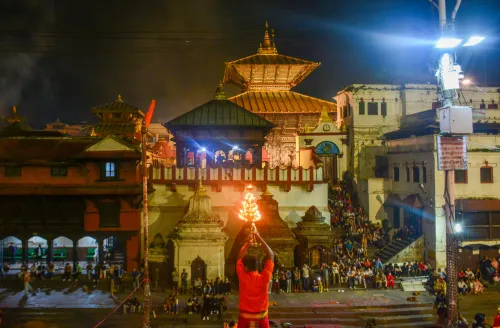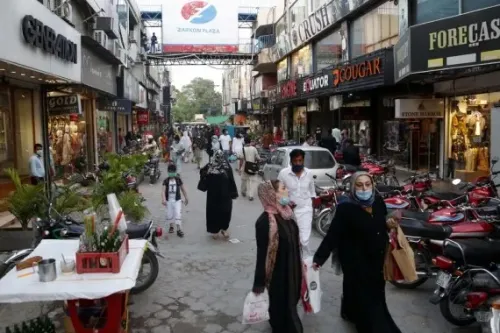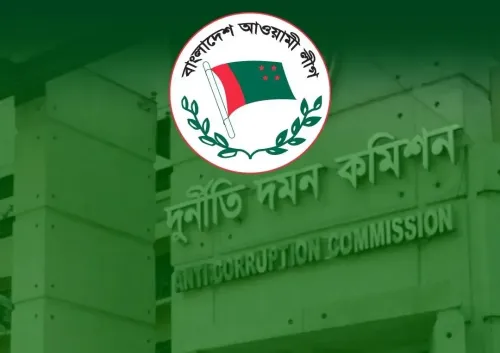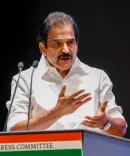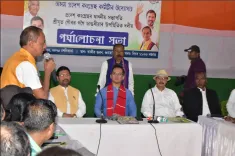Why Are Radical Islamists Burning Places of Worship in Pakistan?
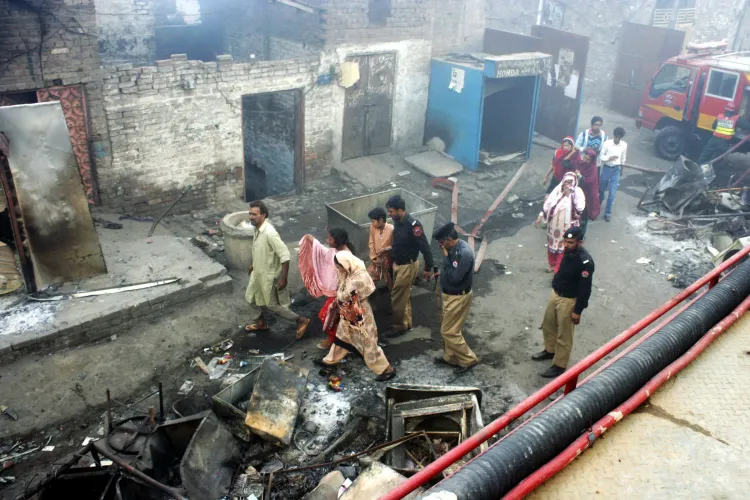
Synopsis
Key Takeaways
- Systemic violence against Ahmadiyya and other minorities is ongoing in Pakistan.
- The attack was led by TLP, a radical Islamist group.
- There is a lack of accountability in cases of violence against minorities.
- Hate speech from clerics has been on the rise, often ignored by authorities.
- For genuine progress, the Pakistani state must address extremist groups.
Islamabad, Aug 18 (NationPress) A prominent minority organization has strongly condemned the recent violence against religious minorities in Pakistan. This condemnation comes in light of the recent destruction of two Ahmadiyya places of worship, set ablaze by a mob led by leaders from the radical Islamist party Tehreek-i-Labbaik Pakistan (TLP).
The Voice of Pakistan Minority (VOPM) stated that on the occasion of Pakistan’s 78th Independence Day, extremists transformed the nation’s streets into battlegrounds of hate. In the Faisalabad district of Punjab province, two Ahmadiyya mosques were ignited by the mob, serving as a grim reminder that religious freedom is merely an illusion in Pakistan.
According to police reports, over 300 attackers, armed with rods and bricks, targeted Ahmadiyya worshippers while masking their actions under the guise of Independence Day celebrations in the Dijkot area.
The VOPM noted that the primary target was the two mosques that had been established decades before Pakistan outlawed Ahmadiyya worship in 1984. The mob dismantled minarets, delivered incendiary hate speeches, and set fire to buildings while assaulting nearby Ahmadiyya homes with stones.
This violent episode instilled fear in families, including women and children, with several individuals left injured.
The VOPM indicated that the mob was allegedly led by a TLP ticket-holder, Hafiz Rafaqat, showcasing how mainstream extremist factions openly incite violence under both political and religious pretexts. The statement pointed out that TLP, known for its violent street influence, operates with immunity within Pakistan’s political and judicial frameworks, while minorities bear the consequences.
“This was not a spontaneous riot; it was orchestrated terrorism. Cases have been filed under the Anti-Terrorism Act, 1997, along with multiple sections of the Pakistan Penal Code. However, history indicates that such cases rarely lead to actual accountability. While arrests occur, justice is seldom achieved, as extremist groups continue to function as untouchable power brokers,” remarked VOPM.
The rights organization emphasized that the Human Rights Commission of Pakistan (HRCP) had issued a warning regarding the increasing hate speech from clerics against non-Muslims just a day prior to the violent occurrence. However, the warning went unheeded, with the Pakistani police's response being reactive rather than preventive.
Although 25 arrests were made, the VOPM observed that police officials were unwilling to confirm whether those detained included the named suspects.
“The silence of Faisalabad’s police chief further reflects the institutional reluctance to directly confront extremism,” added the rights organization.
The VOPM expressed concern that this incident is not isolated but rather a part of a systematic, decades-long campaign against Ahmadiyyas and other minorities in Pakistan.
“From discriminatory legislation to mob violence, the Pakistani state has permitted extremist ideologies to flourish unchecked. Each time the state submits to clerical power, it empowers groups like TLP to dictate who is included in the ‘Islamic Republic’ and who is excluded,” asserted the VOPM.
To gain any credibility as a modern nation, the rights organization urged the authorities to dismantle extremist groups like TLP instead of appeasing them. Furthermore, the VOPM called for the enforcement of Supreme Court rulings against hate speech and mob violence, advocating for the protection of minorities as equal citizens, not as “sacrificial pawns in a theocratic power game.”


